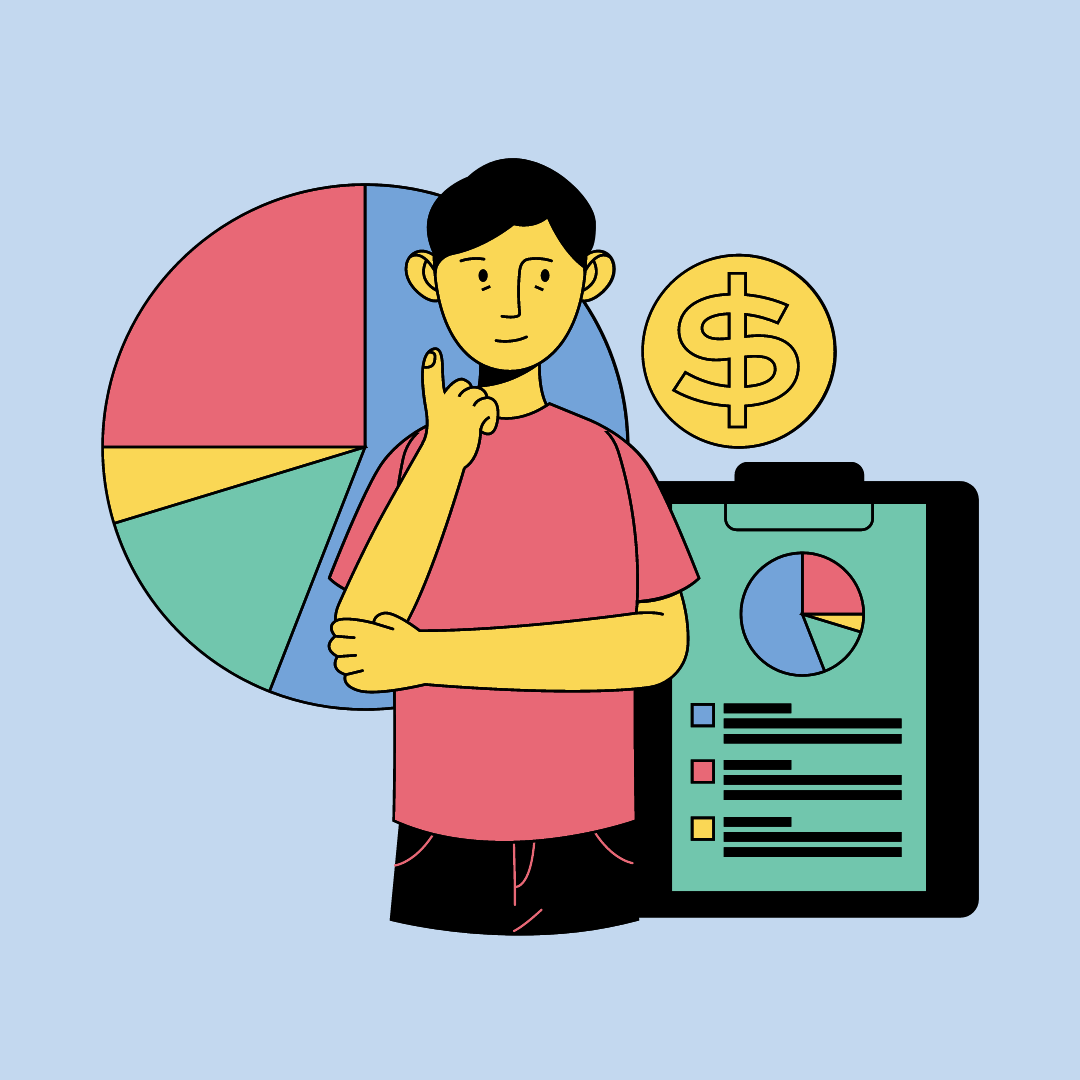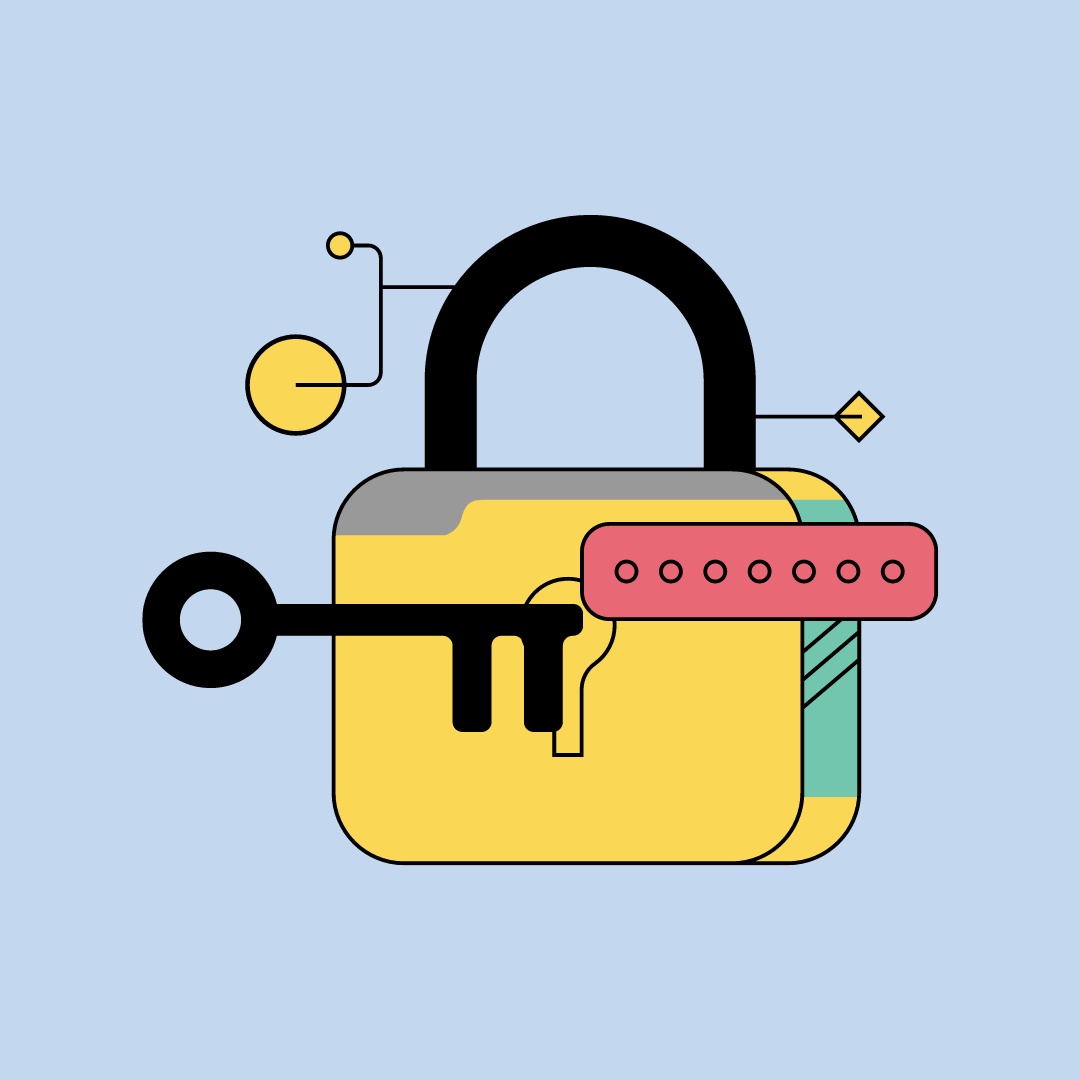
Bank Accounts
Havinga bank account is essential for managing your financial life efficiently and offers numerous practical benefits. One of the main advantages is the safe storage of money. Unlike keeping cash at home, which can be vulnerable to theft, loss and damage, money held in a bank account is safe and secure. In addition, bank accounts provide great convenience for everyday transactions. You can easily pay bills, receive direct deposits, withdraw cash and make purchases with a debit card linked to your account. Modern banking also allows you to manage your finances from virtually anywhere through online and mobile banking platforms.
Types of Bank Accounts: Checking and Savings Accounts
Inthe realm of personal finance, understanding the different types of bank accounts is crucial.
- Checking Accounts: Checking accounts, often called personal checking accounts, are designed for everyday transactions such as depositing money and debit card purchases. They often come with the option of direct deposits and online bill payments. Understanding the differences between checking and savings accounts is essential, especially when considering bank promotions and bonuses that often feature specific offers to open new checking and savings accounts, including direct deposit requirements and minimum deposits to qualify for cash bonuses.
- Savings Accounts: Savings accounts, including specialized forms such as the Barclays savings account, are intended to store money for a longer period of time, often with the goal of building an emergency fund. These accounts may offer a higher interest rate and sometimes require a minimum balance. Combining checking and savings accounts can provide a comprehensive banking solution, offering both the flexibility of day-to-day transactions and the benefit of earning interest on savings over the long term, which is particularly advantageous when banks offer promotions and bonuses for these accounts.
- Money Market and CD (Certificate of Deposit) Accounts: Generally offer higher annual percentage yields than regular savings accounts, locking in funds for a specified period to achieve better returns.
Understanding these options helps align banking services with your financial goals, whether you're considering opening a business checking account or a joint savings account at the same bank or credit union.
Open your First New Bank Account
Toopen an account, particularly a new online bank account, start by choosing the right financial institution: it may be an online-only bank, a traditional bank or a credit union, depending on your financial needs and preferences. Consider factors such as accessibility, customer service, fee structures and the availability of online and mobile banking features when selecting where to open your account.
The process usually involves making an initial deposit, which can vary but is often a minimum opening deposit. Meeting the minimum deposit is crucial to qualify for account bonuses. Some institutions may require only a few dollars, while others may ask for a larger amount, especially for premium or specialized accounts. During the account opening phase, you'll need to provide personal information such as a Social Security number or Individual Taxpayer Identification Number, and a government-issued ID, such as a passport or driver's license. This information helps the bank ensure compliance with regulatory requirements, including those related to money laundering.
Many banks offer bank account bonuses or a checking account bonus to new checking account customers, which can be an attractive incentive. Opening a personal checking account in America comes with specific bonuses and rewards, including cash bonuses for meeting certain requirements such as qualifying direct deposit. To qualify for these bonuses, customers often need to meet criteria such as a minimum deposit within a certain time frame and maintain that balance for a specified period. For example, some financial institutions offer cash bonuses for setting up a qualified direct deposit. This incentive often requires that you receive a regular payment, such as a salary or government benefit, directly into your new account within a certain period of time from account opening. Be sure you understand the terms and conditions associated with these bonuses, such as minimum balance requirements and the duration of direct deposits.
Also, ask about any potential fees associated with the account, such as monthly maintenance fees, ATM fees and overdraft charges. Sometimes banks offer fee waivers under certain conditions, such as maintaining a minimum balance or even for signing up for direct deposit. It is also beneficial to inquire about the bank's overdraft policies. Some banks offer overdraft protection programs, which can prevent you from incurring fees if you accidentally overdraw your account. This service can be a lifesaver for new account holders unfamiliar with managing their balance, but typically comes at an additional cost.
Finally, consider the bank's customer service and support options. Reliable customer support can be invaluable, especially if you encounter problems with your account or need guidance on using banking services. By carefully considering these aspects, you can ensure that your first banking experience is positive and financially beneficial. Remember, the right bank for someone else may not be the right bank for you, so choose based on your specific financial needs and circumstances.
Comun is an Excellent Option for your U.S. Banking Needs
If you are looking for a reliable and modern banking solution in the United States, Comun is the perfect choice for you. Comun is a digital bank designed specifically for the Hispanic community, offering a hassle-free banking experience with no hidden fees and Spanish-language tools that make it easy to manage your finances. With Comun, you can open an account in minutes from your phone, receive your free debit card and start enjoying benefits like free transfers, direct deposits and access to more than 55,000 free ATMs nationwide. In addition, Comun cares about your security, implementing advanced measures to protect your money and data. Don't wait any longer and join the Comun community for a banking experience that understands and supports your unique needs.
Open your checking account¹ in 3minutes with any valid ID from your home country²
More information about bank accounts in the United States
Click here for a complete step-by-step guide on how to open a bank account in the United States.
We explain your bank account number
Best practices for managing your account
Effective Account Management
Effectivebank account management goes beyond simple balance monitoring; it encompasses a comprehensive approach to financial management. This involves understanding and reducing account fees, which can include monthly maintenance, ATM usage and overdraft fees. One way to minimize these fees is by meeting minimum balance requirements or enrolling in direct deposit, as many banks offer fee waivers under these conditions.
The use of online and mobile banking tools is essential for efficient financial management. These platforms allow real-time monitoring of transactions, immediate transfer of funds, and quick access to bank statements and documents, which can help in budgeting and tax preparation. Setting up automatic bill payments is another crucial feature, ensuring that all payments are made on time, thus avoiding late payment charges and service interruptions.
For those who manage multiple accounts, such as a business checking account and a personal checking account, linking these accounts can simplify money management. It allows for easier transfers between accounts and a consolidated view of finances, which is particularly beneficial for small business owners who need to keep personal and business expenses separate. In addition, having multiple bank accounts can offer significant benefits, such as separating funds for different purposes-such as day-to-day expenses, savings and investments-and addressing individual or joint financial needs, including for international travel or business purposes.
In addition, mobile banking has revolutionized access to financial services, allowing users to perform a variety of banking tasks from their devices, such as checking balances, depositing checks remotely, and withdrawing cash at ATMs without a physical card. This convenience, however, must be balanced with diligent security practices to protect financial data.

Safety and Security
Bankaccount security is critical to protect financial assets from potential threats such as fraud and identity theft. Banks, whether online or traditional, implement robust security measures, including encryption, secure socket layer certificates (SSL) and continuous monitoring for suspicious activity. However, the onus is also on the account holder to enhance their personal security.
Enabling two-factor authentication adds an additional layer of security, significantly reducing the risk of unauthorized access. Using strong, complex passwords and changing them regularly are fundamental practices for securing online banking portals. Account holders should also be on the lookout for phishing scams-fraudulent attempts to obtain sensitive information. Recognizing suspicious emails, links or phone calls requesting personal banking information is crucial.
Regularly monitoring account activity is another proactive security measure. Many banks offer customizable alerts that notify the account holder of unusual or large transactions immediately, allowing quick action against unauthorized access. It is also advisable to frequently review transaction history to identify any irregularities that may indicate fraudulent activity. In addition, understanding the latest banking security technologies and utilizing all available tools provided by financial institutions can significantly improve the security of banking transactions. These tools include biometric verifications, such as fingerprint and facial recognition, which offer a higher level of security than traditional passwords.
By incorporating these advanced management and security practices, individuals can significantly improve both the efficiency and security of their banking experience, ensuring that their financial assets are managed wisely and protected against potential threats.
Conclusion
Navigatingthe complexities of bank accounts-from choosing the right type to managing and securing them-can have a significant impact on your financial well-being. Understanding the various types of accounts available, from personal and business checking accounts to savings accounts and CDs, allows you to make informed decisions that align with your financial goals. Opening your first bank account is a crucial step that lays the foundation for building a robust financial future. By selecting the right financial institution, understanding fee structures and taking advantage of incentives such as account bonuses, you position yourself to maximize the benefits of banking.
Effective account management and vigilant security measures are essential to making the most of your banking experience. Using online and mobile banking tools not only provides convenience, but also allows you to maintain close oversight of your financial activities, ensuring that your money is working for you in the most efficient way possible. In addition, the importance of security cannot be underestimated; protecting your financial information from fraud and theft is paramount in today's digital age.
Ultimately, careful management and protection of your bank accounts are crucial to maintaining financial health and achieving your monetary goals. By adopting the practices outlined in this guide, you can navigate the banking landscape with confidence, making informed decisions that strengthen your personal and business finances. Whether you're opening your first account or optimizing your existing ones, remember that every step you take is a building block toward greater financial security and freedom.











.svg)